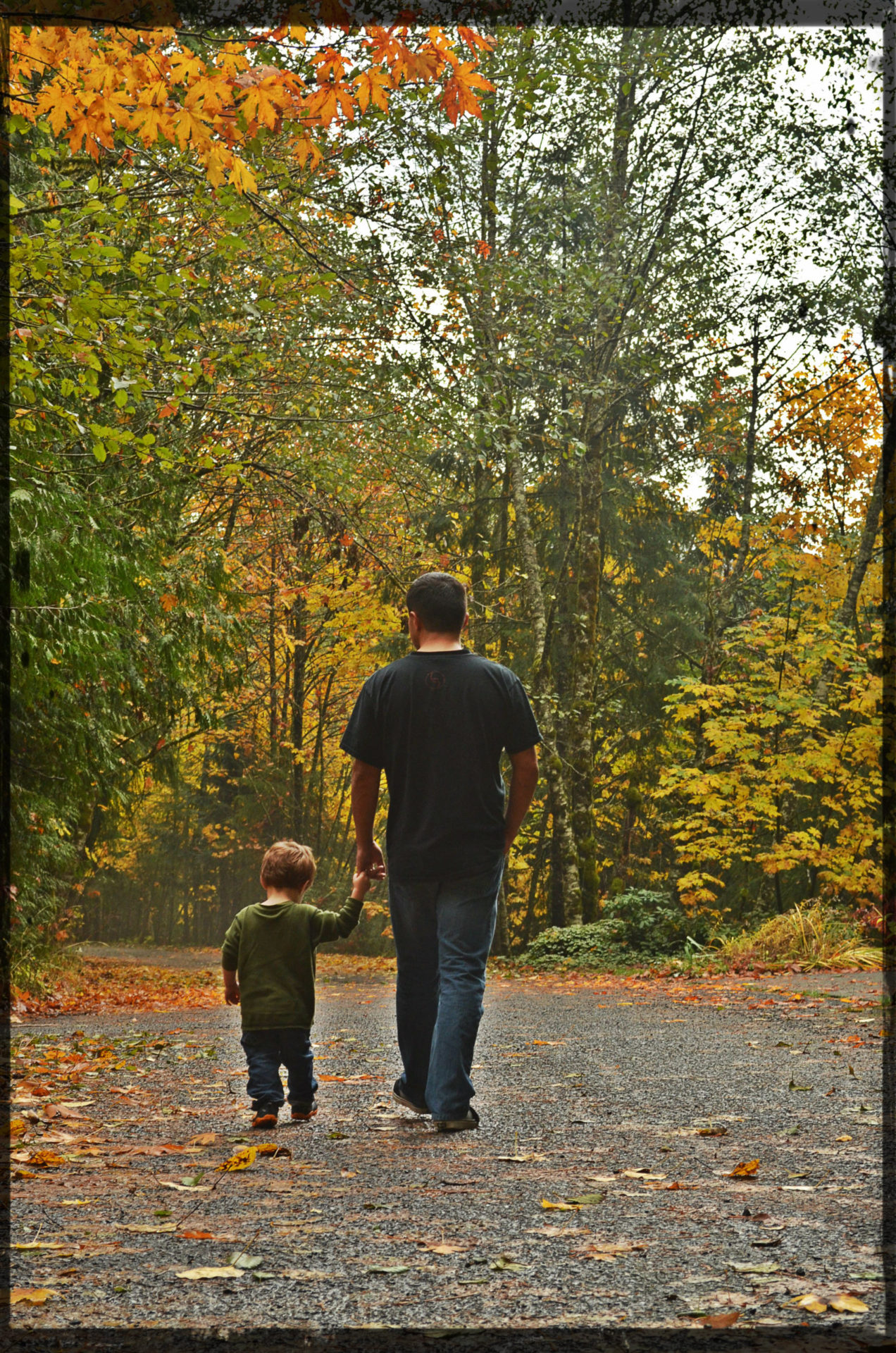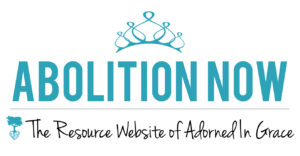
Anthony was three when his father left. As he was growing up, Anthony saw his friends and their fathers participate in lots of activities together – attending sporting events, learning to fix a car, talking about the future – and while Anthony told himself he was fine without a father, deep down he felt a big hole in his life.
Today’s youth need caring adult mentors. They need you.
Anthony was three when his father left. As he was growing up, Anthony saw his friends and their fathers participate in lots of activities together – attending sporting events, learning to fix a car, talking about the future – and while Anthony told himself he was fine without a father, deep down he felt a big hole in his life. He considered joining a gang. He bounced around from city to city and job to job. He experimented with drugs and alcohol. He felt lost.
How might Anthony’s story have been different if there was a caring adult in his life? Someone who could fill in the missing spaces where his father should have been? What if Anthony had a mentor?
Mentoring is a caring relationship between two people, such as an adult and a young person. The mentor works to establish a trusting relationship with their mentee and be a consistent presence in their life. Mentors encourage and affirm, listen and give advice, cheerlead and help with problem solving, and through it all focus on speaking truth into the life of their mentee.
And mentoring pays off. Children who are mentored are more likely to have positive, prosocial behaviors, more likely to stay out of jail or other state run facilities, and more likely to stay in school. Children who are mentored are less likely to run away from home or become homeless, preventing the vulnerability that comes with life on the streets and possible exposure to sex trafficking or victimization. They are less likely to fall through the cracks because someone is looking out for them and connecting with them on a regular basis. They feel loved and appreciated by someone who cares and does not ask for anything in return. All these things prevent them from looking for love in wrong places and trying to fill their emotional needs with unhealthy relationships.
In Portland, we have access to a wonderful resource that focuses on inspiring and equipping mentors – The Mentoring Project (www.thementoringproject.org). This non-profit was founded by Donald Miller, the author of Blue Like Jazz, who saw a need for men to mentor fatherless boys. Since then, The Mentoring Project has expanded beyond Portland and continues to focus on equipping adults to establish effective mentoring relationships with both boys and girls. The Mentoring Project provides numerous resources including toolkits, an annual conference, trainings, and access to Mentor Moments invitations which have allowed mentor-pairs to meet music stars, visit the White House, and even dig for dinosaur bones.
One of The Mentoring Project’s main goals is to train individuals to become mentors or work alongside churches to establish mentoring programs in the local community. They do this through Mentor Toolkits, which provide training materials to help adults establish effective mentoring relationships. Mentors who join with The Mentoring Project receive special access to the Mentor Collective, which provides a monthly newsletter, event invitations, and resources for mentors as they strive to make a difference in a young person’s life. The Mentoring Project also works alongside churches who may be interested in either beginning a mentoring program or who want to improve their existing programs, using their knowledge and expertise to further mentoring across America.
What if you’d like to be a mentor but you’re just not sure if you’re qualified or would make an impact? Bruce Doane, the mentor care coordinator for The Mentoring Project, reminds us all that “Mentors win by showing up.” He noted adults sometimes feel they’re not cool enough or don’t know enough to be a mentor; however, by being a consistent presence in a young person’s life, mentors make a difference.
God has made it clear in his Word that he cares about the vulnerable and fatherless. As believers, He calls us to “defend the cause of the weak and fatherless; maintain the rights of the poor and oppressed” (Psalm 82:3). We are called to be the hands and feet of Christ, to not merely hear about needs but to seek to meet them. As John Sowers, president of The Mentoring Project, wrote in a recent blog post, “The great ideas – love, justice, intimacy, reconciliation – require something of us.” We are required to “move from head to heart and hands.” Mentoring provides a wonderful avenue to take action and move from merely thinking about injustice to acting, becoming God’s hands and feet, and speaking Truth into the life of a young person.
What if Anthony had been able to have a mentor? How might his life have been different? He would have had someone to participate in activities with, someone to attend sports events and turn to for advice. He would have had a trusted adult bear witness to his life. He would have been able to ask questions about college and careers and dating. He would have had someone to show him it wasn’t “cool” to use or abuse women. He might have been able to see that real men don’t need to purchase women for sex. And he would have had someone to show him the love of Christ and someone who was willing to “defend the cause of the … fatherless” (Psalm 82:3). Today’s youth need caring adult mentors.
They need you.

